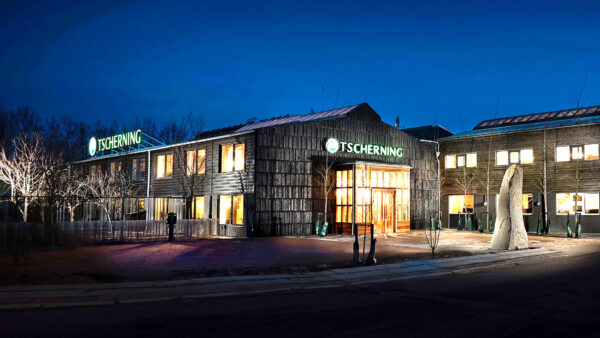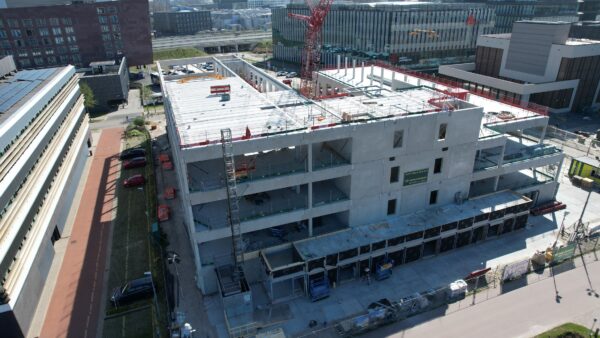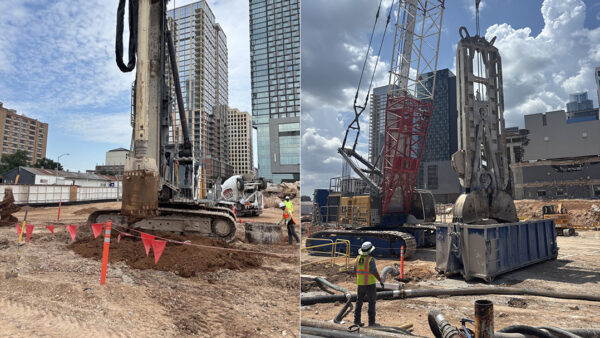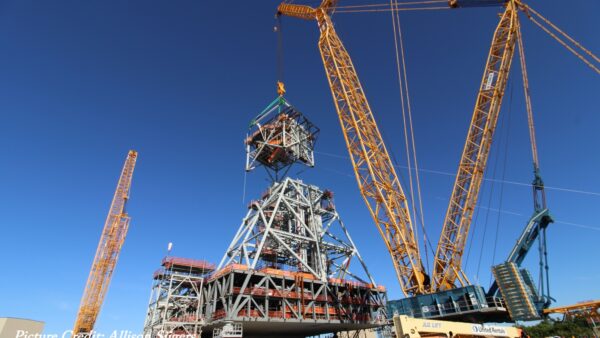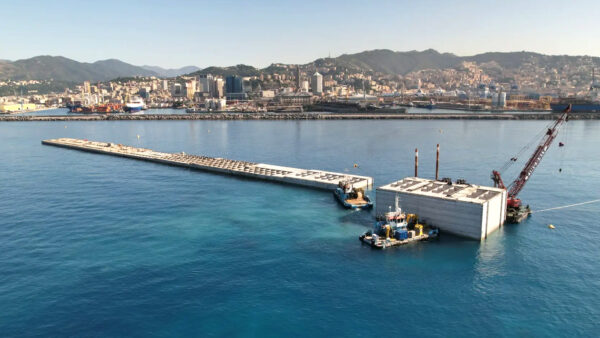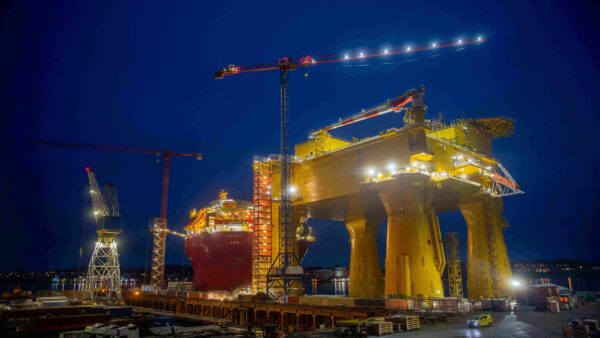A group of five cities in the north of England has set out a $25bn, 15-year plan to upgrade their road and rail links. They want to forge an economically integrated region that can hold its own against London and the south-east of England after the construction of the High Speed 2 (HS2) rail link.
The move is a response to a call by Chancellor George Osborne for the creation of a “northern powerhouse” to rebalance England’s economy.
The five cities that have produced the plan are Manchester, Liverpool, Leeds, Newcastle and Sheffield, although the authors say it has support from other important urban centres, such as Hull, Bradford, Wakefield and York.
A study conducted in 2009 for the previous Labour administration found that cutting journey times between Manchester and Leeds by 20% would be worth up to $11.3bn to the north.–
The report gives priority to overcoming the barrier of the Pennines (pictured), which splits Lancashire in the west from Yorkshire in the east. There is no all-weather road route over the hills, and no electrified rail link.
It says electrification is “long overdue and will bring benefits to many parts of the northern economy”, and adds that the aim is to reduce the journey time between Leeds and Manchester by 18%, from 49 to 40 minutes by 2020.
Julie Dore, the leader of Sheffield council, said: “For years our transport network has been far too slow and inferior compared with London and the South-east. This report outlines the steps we need to put this right, but we need the tools to make it happen. Getting city-to-city connections right will act as a catalyst for our cities and city regions.”Â
Among the infrastructure improvements proposed are:
- Increased road capacity through the closing of gaps in the motorway network and improving links to ports.
- A fast and frequent inter-city rail network, including a new trans-Pennine route (tunnelled as necessary), a faster link to Newcastle and improved access to Manchester airport.
- Improved regional rail networks, interconnected with HS2 and inter-city services, plus local tram networks and more park-and-ride facilities.
- New rolling stock, the electrification of existing lines and the removal of pinch-points on the rail network.
- A digital infrastructure enabling real-time information, greater network resilience and faster connections between key areas.
- The early construction of the HS2 line and the bringing forwards of the link between Leeds and Sheffield.
On the subject of funding, the report calls for a united approach from the north’s councils and local enterprise partnerships when it comes to making the case for a greater allocation of public money.
It says: “We look forward to cross-party support and active government leadership in working with ourselves, Network Rail, HS2, the Highways Agency and other key partners to develop a trategic investment plan.”
Manchester council commented: “the benefits far outweigh the costs and should be set in context with other transport funding requests – for example recent requests for transport funding in and around London total around £80 billion up to 2050.”
The report will be presented to Chancellor Osborne in Manchester later today.

